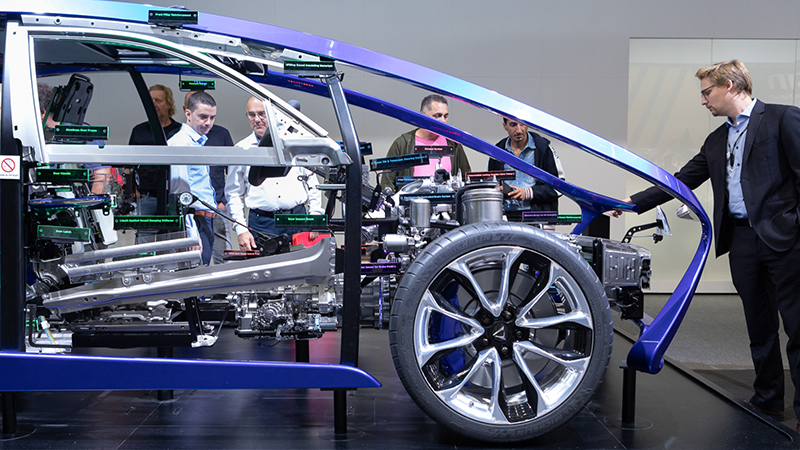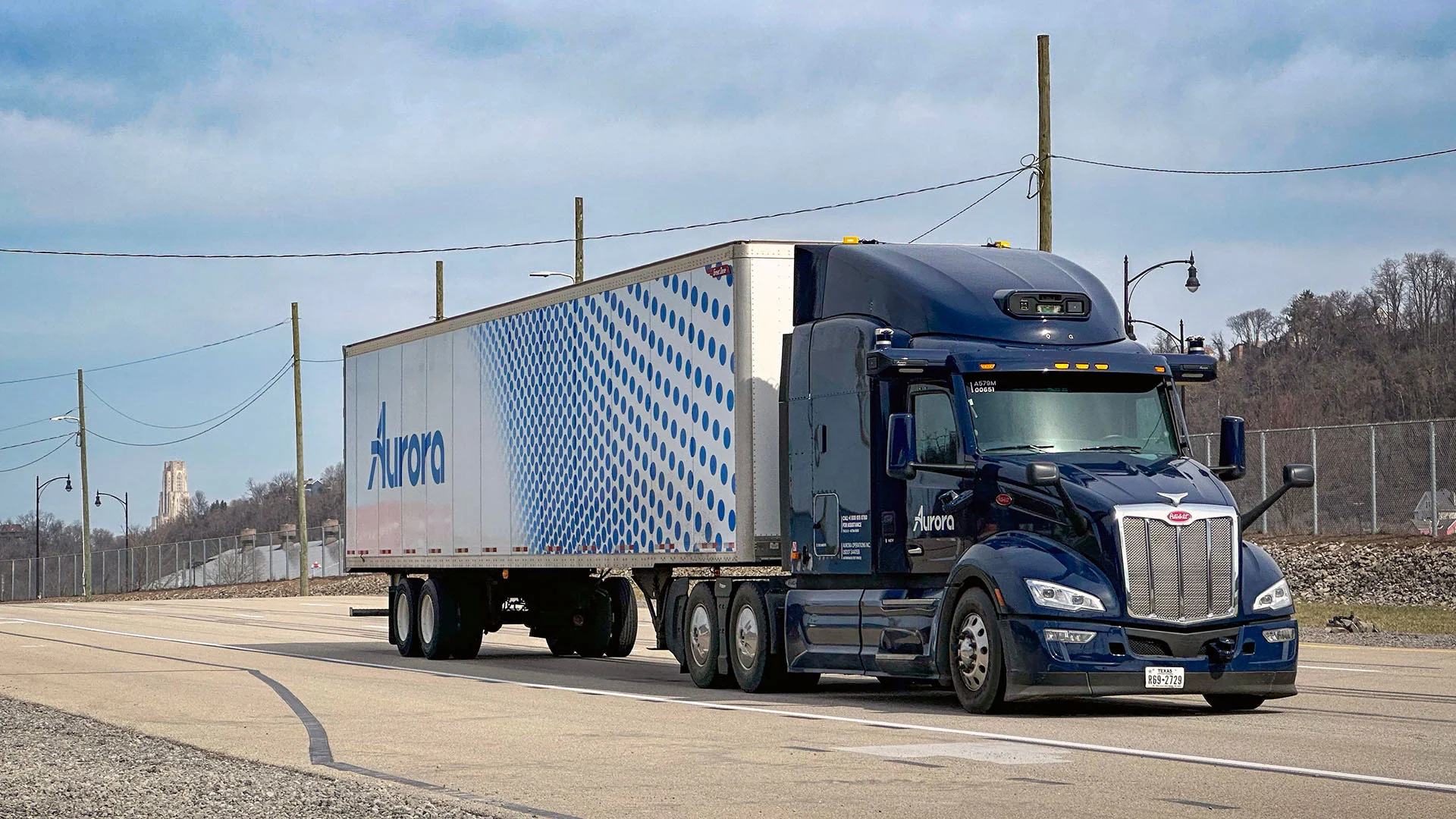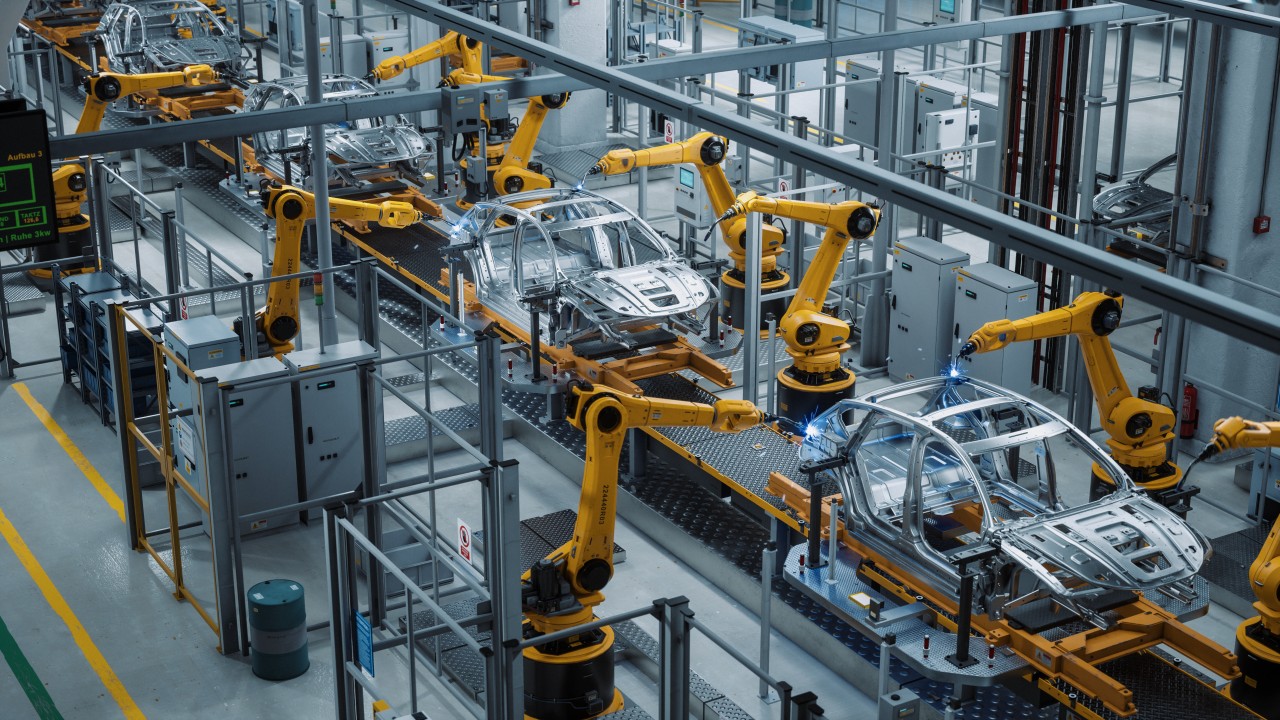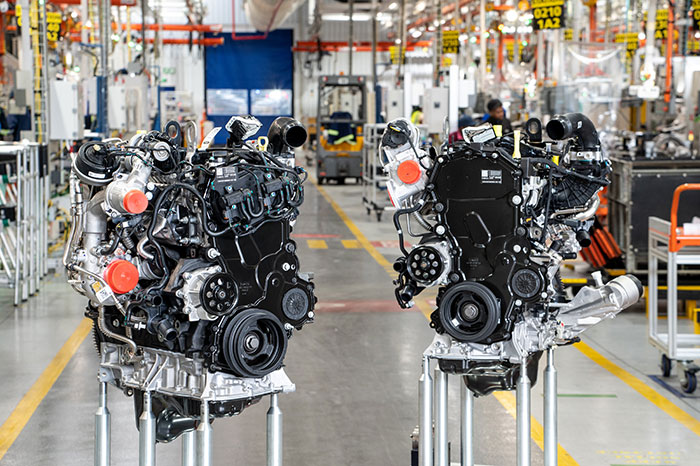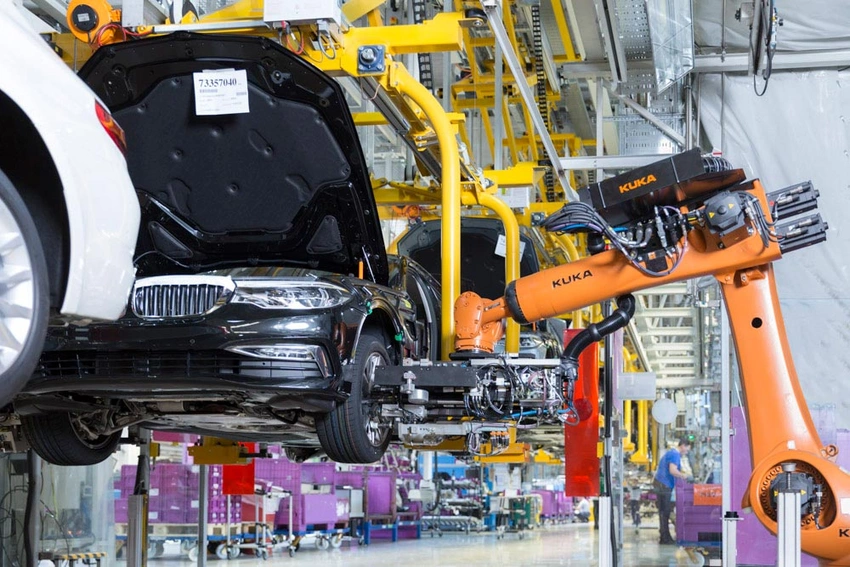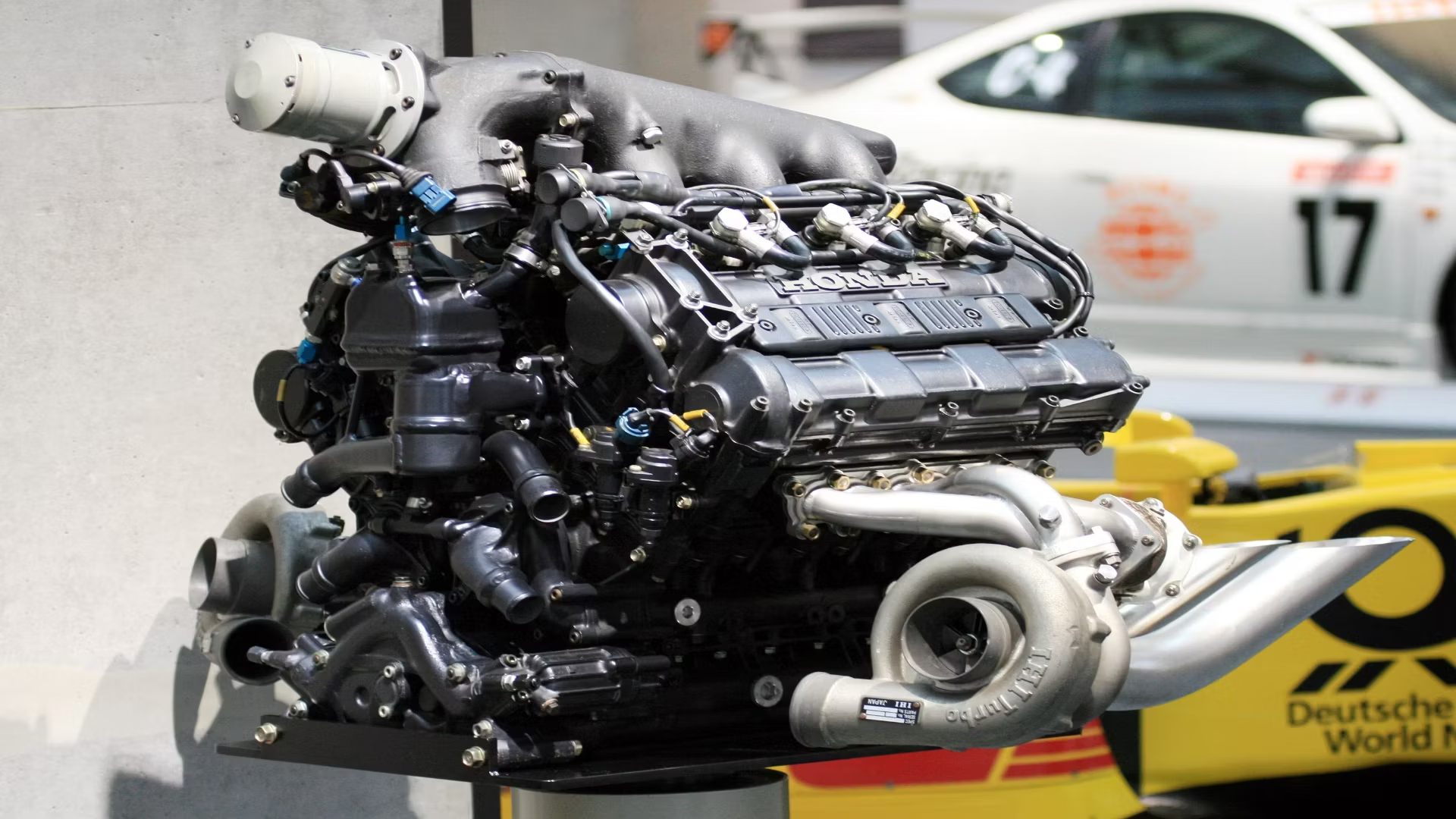0102030405
Emerging Fuel Technologies: The Future of Sustainable Transportation
2024-06-20 10:26:14
Introduction
As the world grapples with the urgent need to reduce greenhouse gas emissions and combat climate change, the transportation sector is undergoing a transformative shift towards sustainable energy solutions. Traditional fossil fuels, which have powered vehicles for over a century, are being scrutinized for their environmental impact. In response, researchers and companies worldwide are developing new types of fuels that promise to significantly lower emissions and enhance energy efficiency. This article explores the latest advancements in fuel technology and their potential to revolutionize the transportation industry.
Biofuels: Harnessing Nature's Power
Biofuels, derived from biological materials such as plants and algae, are among the most promising alternatives to conventional petroleum-based fuels. The two main types of biofuels are bioethanol and biodiesel.
Bioethanol is produced through the fermentation of sugars found in crops like corn and sugarcane. It can be blended with gasoline to reduce carbon emissions. One of the leading advancements in this field is the development of cellulosic ethanol, which uses non-food plant materials such as agricultural residues and grasses. This not only avoids the food vs. fuel debate but also offers a higher net energy gain and lower greenhouse gas emissions.
Biodiesel, on the other hand, is made from vegetable oils, animal fats, or recycled cooking grease. It can be used in diesel engines with little or no modifications. Advanced biodiesel production techniques, such as hydrotreating, are enhancing the fuel’s quality and performance. Companies like Neste and REG are leading the way in producing high-quality biodiesel that meets stringent environmental standards.
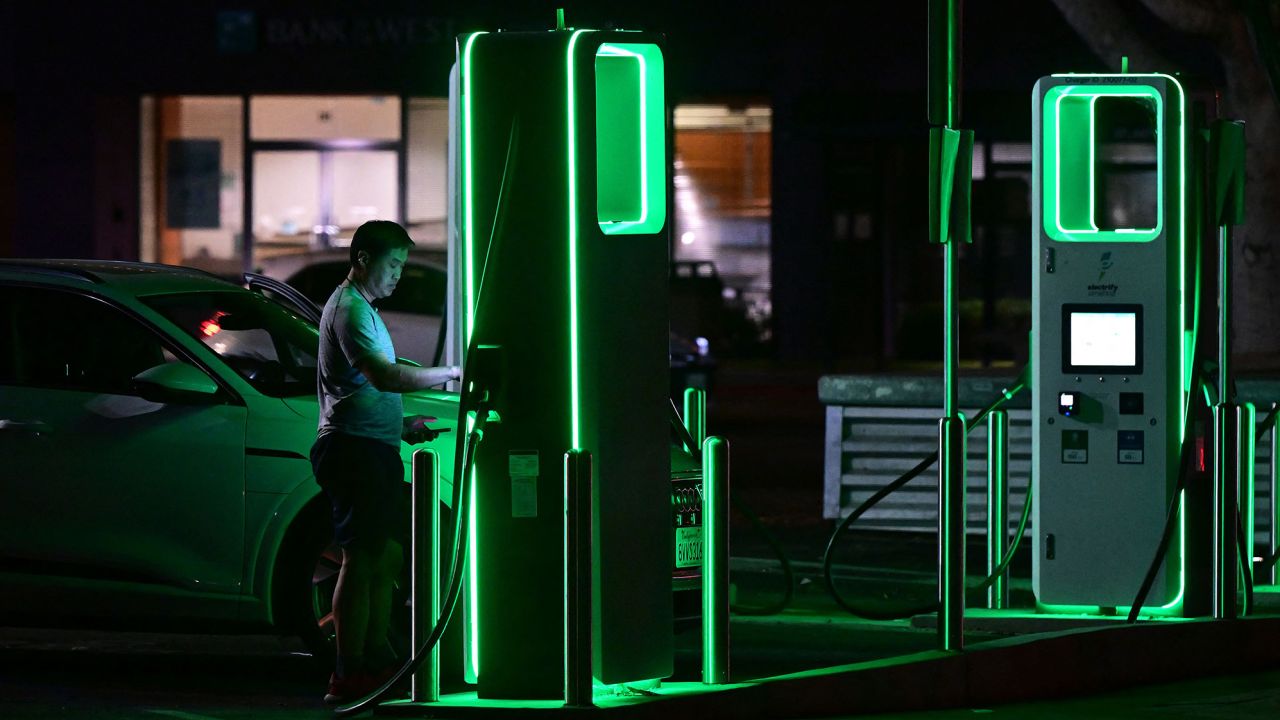
Hydrogen: The Clean Fuel
Hydrogen fuel is gaining significant attention as a zero-emission alternative for powering vehicles. When used in fuel cells, hydrogen combines with oxygen to produce electricity, with water vapor as the only byproduct. This makes hydrogen an extremely clean fuel option.
Recent advancements in hydrogen production and storage technologies are making it more viable for widespread use. Green hydrogen, produced using renewable energy sources like wind and solar, is particularly promising. Companies such as Toyota and Hyundai are already marketing hydrogen fuel cell vehicles (FCVs), and there is a growing infrastructure of hydrogen refueling stations, particularly in regions like California and Europe.
Synthetic Fuels: Engineering the Future
Synthetic fuels, also known as e-fuels, are created by chemically combining hydrogen with carbon dioxide. These fuels can be designed to mimic the properties of conventional gasoline, diesel, or jet fuel, making them compatible with existing engines and infrastructure.
The production of synthetic fuels relies on carbon capture and utilization (CCU) technologies, which capture CO2 from industrial emissions or directly from the air. This captured CO2 is then combined with green hydrogen to produce hydrocarbons. The result is a fuel that is carbon-neutral, as the CO2 released during combustion is offset by the CO2 captured during production.
Companies like Audi and Porsche are investing heavily in synthetic fuel research, with pilot projects demonstrating the feasibility of these fuels. The scalability and cost-effectiveness of synthetic fuels remain challenges, but ongoing research and development are expected to address these issues in the near future.
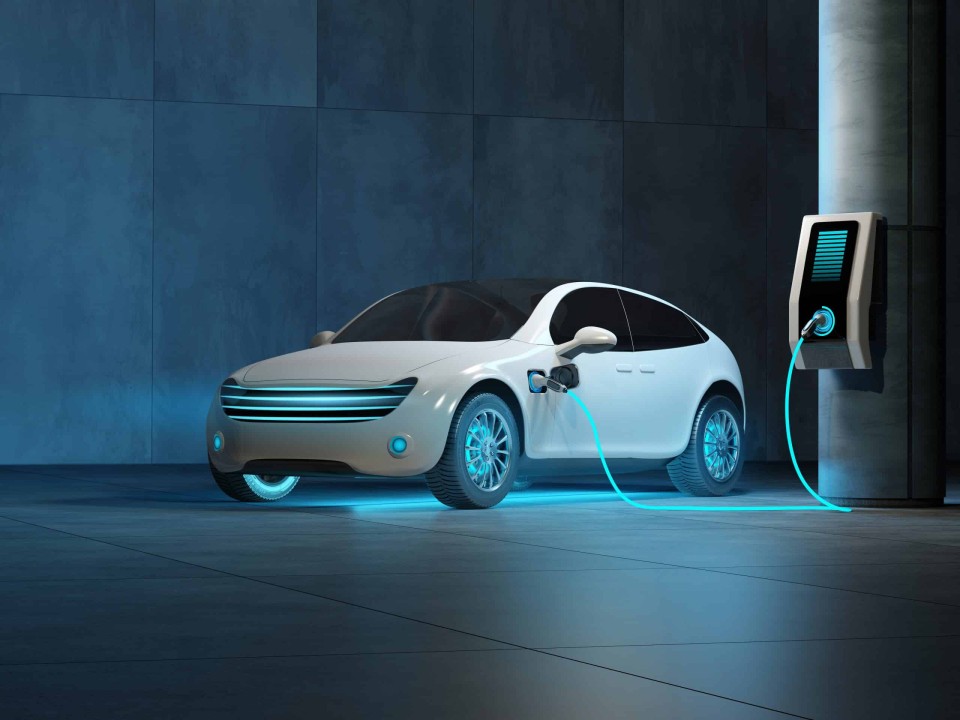
Electric Fuels: The Role of Electricity in Fuel Production
Electricity is playing an increasingly important role in the production of new fuels. Power-to-liquid (PtL) and power-to-gas (PtG) technologies use electricity, particularly from renewable sources, to produce liquid and gaseous fuels. These processes typically involve electrolysis, where electricity splits water into hydrogen and oxygen. The hydrogen can then be used directly as a fuel or combined with captured CO2 to create synthetic fuels.
One significant advantage of these technologies is their ability to store excess renewable energy. When renewable energy production exceeds demand, the surplus electricity can be used to produce fuels that can be stored and used later, effectively balancing supply and demand.
Challenges and Opportunities
While the development of new fuel technologies holds great promise, several challenges need to be addressed for widespread adoption. These include:
Infrastructure Development: The transition to new fuels requires significant investment in refueling and distribution infrastructure. Hydrogen, for instance, needs specialized refueling stations, while biofuels and synthetic fuels require modifications to existing infrastructure.
Cost Competitiveness: Many new fuels are currently more expensive to produce than traditional fossil fuels. Economies of scale, technological advancements, and supportive policies are necessary to reduce costs.
Regulatory Support: Government policies and regulations play a crucial role in promoting the adoption of new fuels. Incentives for renewable energy, carbon pricing, and emissions regulations can drive investment and innovation.
Despite these challenges, the potential benefits of new fuel technologies are immense. They offer a pathway to reducing greenhouse gas emissions, improving air quality, and enhancing energy security. As research and development continue, these fuels are likely to play an increasingly important role in the future of transportation.
Conclusion
The emergence of new fuel technologies represents a significant step forward in the quest for sustainable transportation. Biofuels, hydrogen, synthetic fuels, and electric fuels each offer unique advantages and challenges, but together they provide a diverse toolkit for reducing the environmental impact of transportation. As these technologies mature and become more cost-effective, they will play a crucial role in transitioning to a cleaner, more sustainable future.

